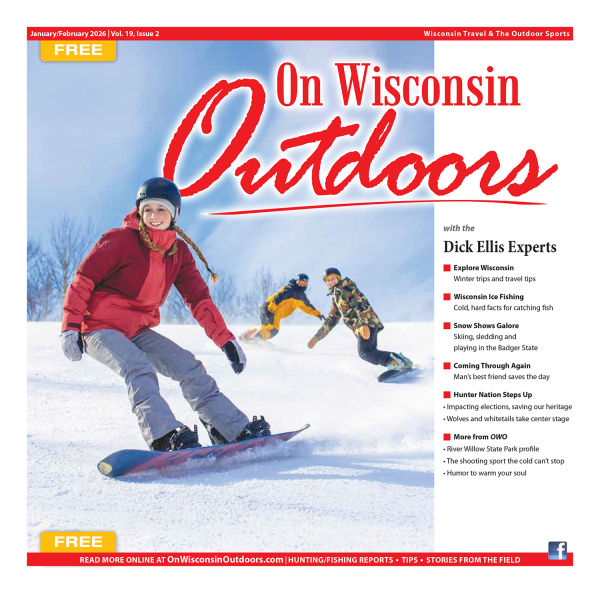Migratory Bird Treaty Centennial Bird of the Month
Meet the Black Tern, a bird that dives for its dinner
In 1916, the United States and Canada signed the Migratory Bird Treaty to protect birds across state and national borders. To celebrate 100 years of bird conservation, each month will feature a native Wisconsin bird species that has benefitted from the protection and cooperative conservation set forth in the Migratory Bird Treaty. For more information on the Migratory Bird Treaty Centennial and other Birds of the Month, visit dnr.wi.gov, keyword "bird treaty."
July's Bird of the Month is the Black Tern (Chlidonias niger). This state-endangered gull-like bird is a long-distance migrant and highly dependent on extensive, high-quality emergent marsh habitat for nesting and foraging. A major concern is wetland habitat loss. Restoring and maintaining native marsh habitat, including replicating natural water levels, are primary conservation actions for black terns. Invasive species control is also necessary to prevent degradation of nesting habitat.
- Black Terns eat small invertebrates and fish. They forage on the wing or plunge head-first into the water to catch minnows.
- Horicon Marsh in Dodge County or Grassy Lake in Columbia County, or the St. Croix Flowage in Douglas County provide opportunities to view black terns.
- Maintaining stable water levels during nesting season is a key management strategy to provide suitable habitat, since these terns build floating nests or nest on muddy substrates barely above the surface of the water.












